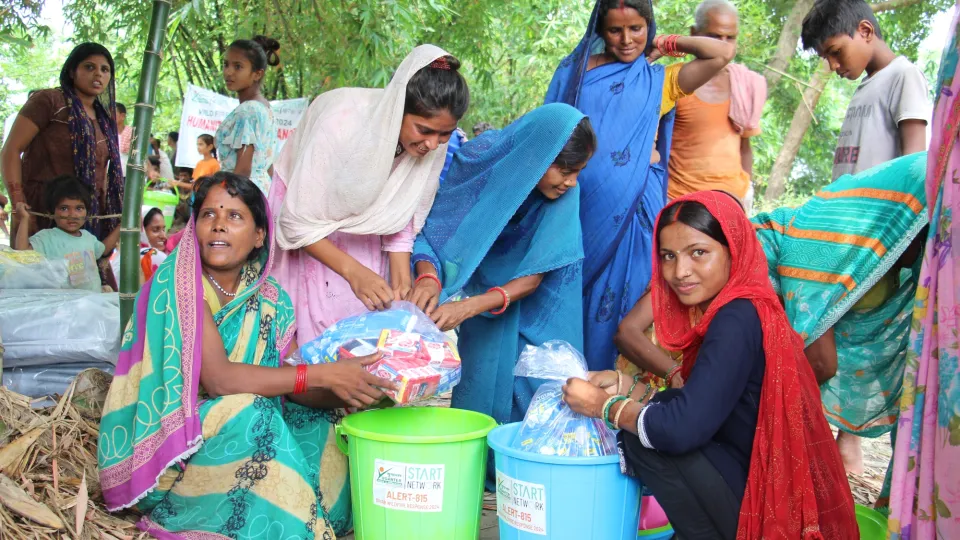
Who is still talking about gender?
How we can better incorporate gender principles in short-term humanitarian programming.

How we can better incorporate gender principles in short-term humanitarian programming.
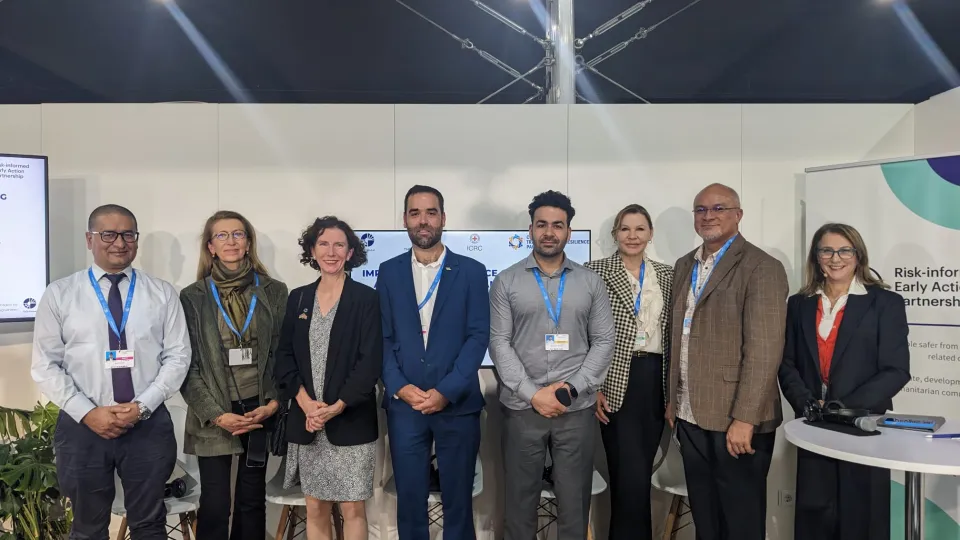
Dubbed the ‘Finance COP’, the expectations for this year’s conference were significant. Start Network’s engagement in the lead up to and during COP29 reflected our values as a system change organisation.
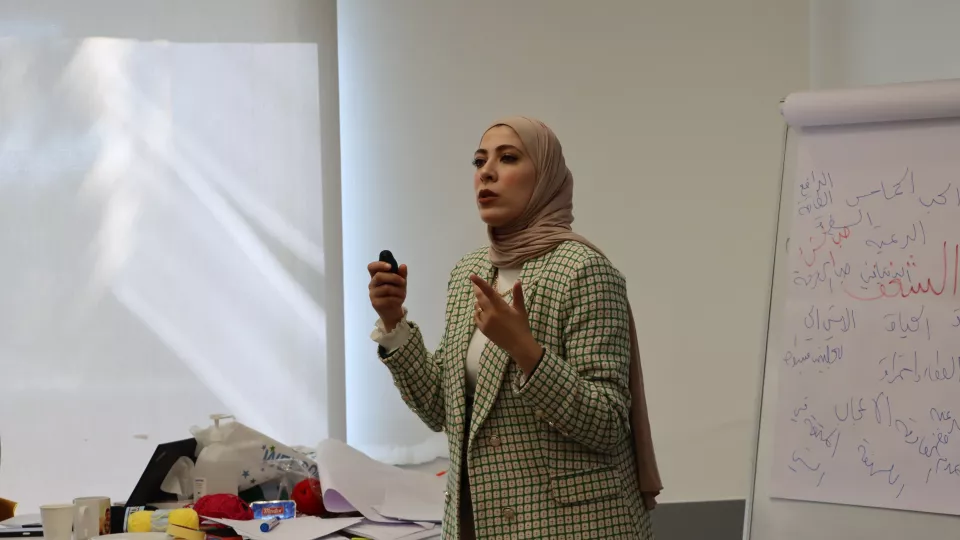
This grant sought to enable the creation of new methodologies to measure the success and impact of humanitarian interventions. The Community-Led Approaches to Monitoring, Evaluation, Accountability, and Learning (MEAL) Research Grant was created in March 2022, with support from the Conrad N. Hilton Foundation and the IKEA Foundation. This grant formed part of the Start Network’s push for a locally led humanitarian system and to meet the participation revolution commitment in the Grand Bargain, which seeks to promote the link between effective participation and the quality and effectiveness of humanitarian response.
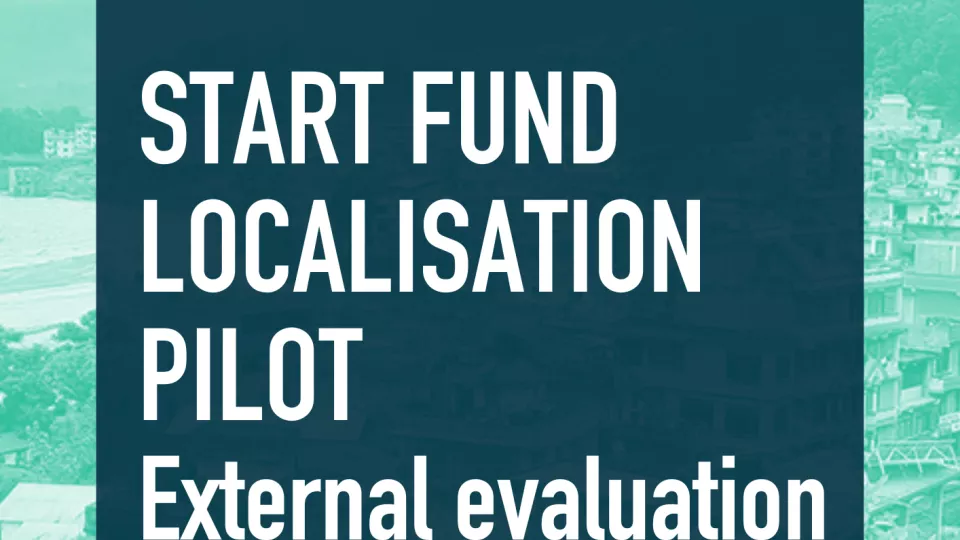
This is an independent, external evaluation of the Start Fund’s ‘localisation pilot’ conducted in late 2022. The purpose of the evaluation is to assess the extent to which the global Start Fund is ready in terms of current and planned processes, practices and capacity, to develop into a more locally-led humanitarian model while maintaining its mandate to respond rapidly to the gaps and unmet needs of people in, or at-risk of crisis.
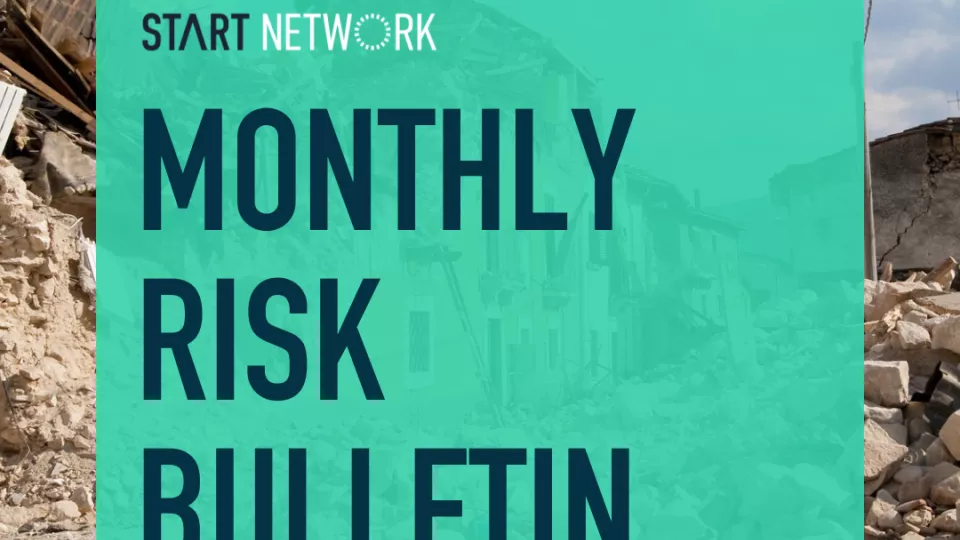
The Start Fund monthly risk brief reports on new, emerging, or deteriorating humanitarian emergencies which are classified as under the radar
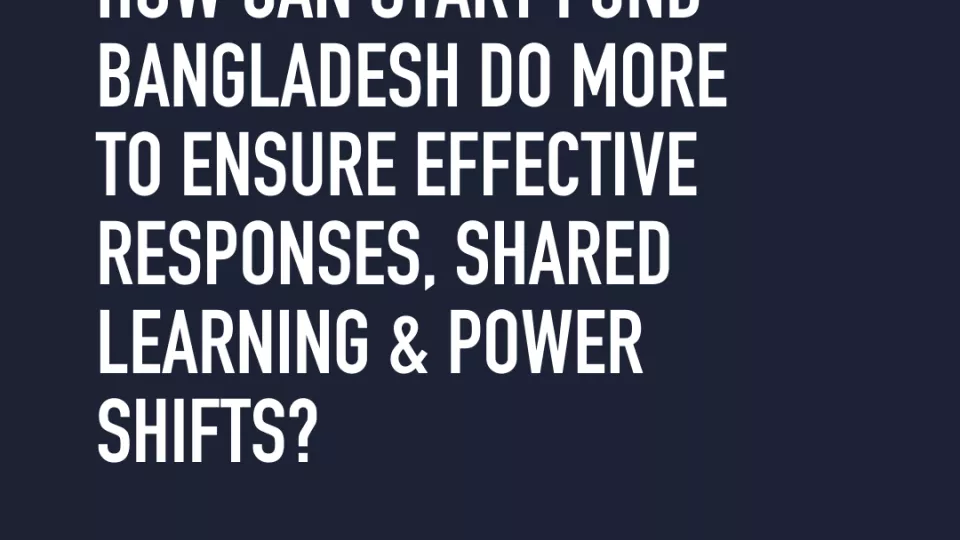
Bangladesh has faced one of the worst flash floods in history in 2022, where northeastern region of the country was devastated by consecutive flash floods during the months of May to June. The affect of the flooding led to more than 7.2 million people directly affected and more than 50% of the affected population in need of humanitarian assistance.
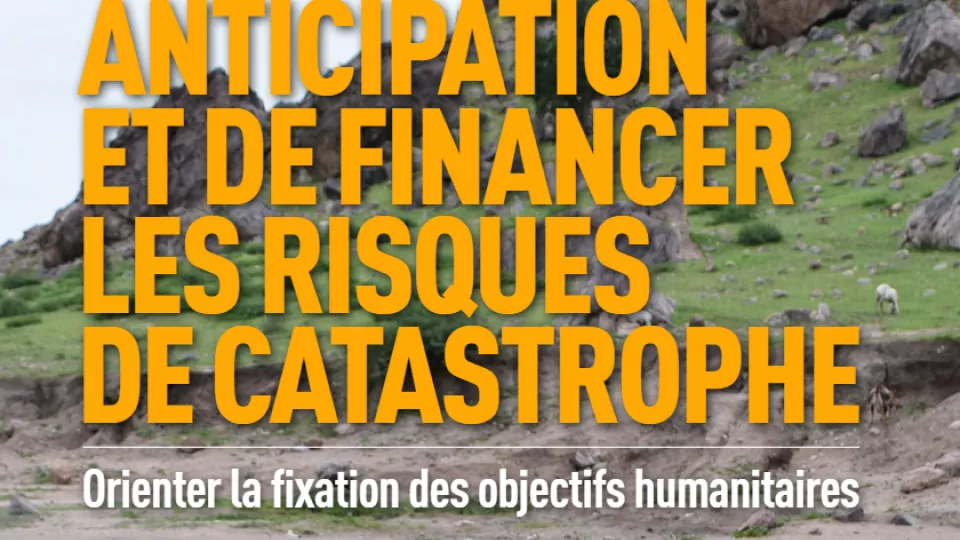
L’action humanitaire proactive et fondée sur l’évaluation des risques suscite un intérêt croissant, car elle permet d’apporter une aide plus rapide, plus efficace et plus digne aux communautés exposées aux crises. Les demandes de mise en œuvre à grande échelle de ces approches ont mis en exergue l’inadéquation des niveaux actuels de financement de l’action par anticipation et du financement de crise préétabli, ainsi que l’importance de fixer des objectifs qui permettent de mesurer les avancées. Néanmoins, ces objectifs varient considérablement, de même que ce qui constitue une ambition réaliste. Dans le cadre des crises qui bénéficient d’une aide internationale, quelle est la possibilité d’élaborer des plans, des financements et, dans la mesure du possible, de mettre en œuvre des mesures d’atténuation avant la survenue de l’événement proprement dit? La communauté humanitaire a pour défi de mettre à contribution les sciences et technologies actuelles pour nous permettre de prévoir et de nous préparer à l’escalade des risques de crise, tout en conservant les capacités pour faire face à des événements très complexes, interconnectés et/ou sans précédent. Ce document vise à fournir un cadre plus clair pour comprendre ce qui peut être anticipé, et dans quelle mesure. L'analyse de ce rapport montre qu’il existe une opportunité significative dans le cadre des crises humanitaires pour tirer profit des systèmes d’information sur les risques actuels ainsi qu’un vaste potentiel pour les risques de crise qui ne sont pas encore traités par les systèmes techniques existants. De plus, le rapport reconnaît qu'il y a des limites à la mesure dans laquelle les crises peuvent être prédites et le financement peut être organisé à l'avance. Cela renforce la nécessité que les mesures d'anticipation et de financement des risques de catastrophe soient complétées par d'autres mécanismes de réponse pendant et après une situation de crise et d'être adaptées aux crises et aux contextes individuels. Lire le rapport complet ici ENG FR ES

This report is the first of its kind on anticipatory action and collates voices of communities, shares their experiences and needs, prior to predictable risks. Some of our findings include; people demand the right to have access to timely, appropriate and accurate information to help keep themselves and their families safe, prior to crises. They also have the right to give feedback about humanitarian assistance.
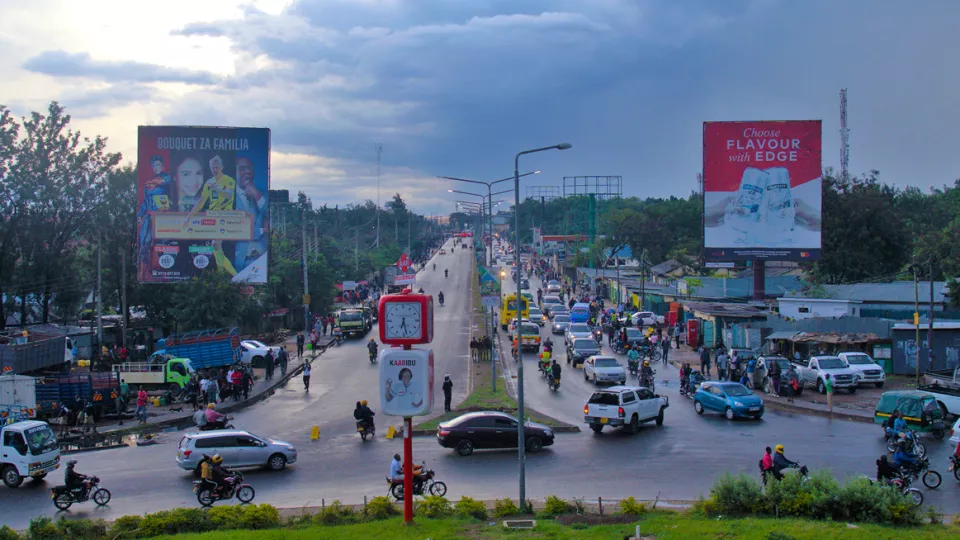
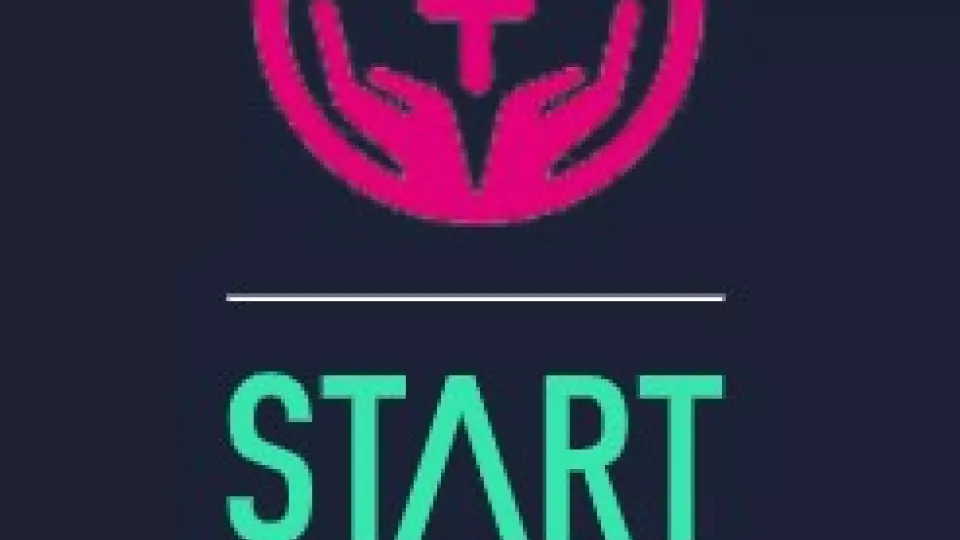
In January 2022 AFPDE was awarded Start Network’s Sharing Knowledge and Ideas Under Local Leadership (SKILL) Grant, to conduct a peer learning programme focused on a research project of their choosing. AFPDE connected with other local, national and international organisation as well as members of the community and local officials, to organise a series of research activities and explore community resilience in Nundu, Lemera and Ruzizi health zones of the DRC. This report is condensed from the full research report written by Bagula Amato, who was the consultant hired by AFPDE to lead the data collection and research analysis which captures the findings and recommendations from this work.